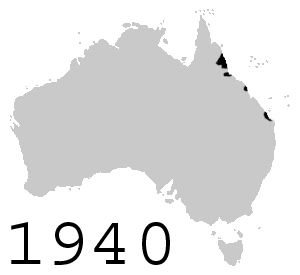I've finally pin down a topic for my thesis!
Well more or less really. Maybe I'm quite the optimist because I foresee many more changes and need to narrow down my scope. I'm not sure how extensive a Masters thesis can be but here goes:
Topic:Feasibility of Sustainable Urban Food Systems in Singapore - a Policy Perspective
Research question:1) What is the impact of Singapore's high per capita food consumption and lack of agricultural production on the region's environment?
2) Is a sustainable urban food systems in Singapore feasible?
3) What are the potential threats to our food security? Climate change, resource politics, etc.
Objectives:- To highlight Singapore's high food dependency and rare 99.9% national food import.
- To examine the attitudes and awareness of Singaporeans and wholesale/retailers towards their food systems (ie source, production, importation, nutrition, food safety, etc.)
- To study the impact of our food consumption on the environment, particularly in Singapore's unique circumstances (soil, deforestation,water, pollution, chemical, food miles etc)
- To study the current production, supply and demand of local farms versus the dependency of imported food
- To analyse and evaluate the environmental advantanges and disadvantages of imported versus supporting locally grown produce
- To identify the extent to which community support local agriculture can play a part in addition to globalized food systems.
Aims:- To provide a policy perspective for Singapore in tackling these issues
- To provide a reference for the increasingly urbanized and globalized developing countries with potentially crippling dependency on a shrinking rural population worldwide.
- To examine or provide other nation states with a case study of high food dependency as means of comparison.
I've chosen food production because:1) Singapore is extremely vulnerable in terms of food dependency, resource politics and climate change.
2) Being a high per capita consumer, our impact on the environment is also high without seeing direct impacts which is another driving force in my choice of topic.
3) At the same time the presence of the "singapore rural countryside" enables the exploration of the feasibility of community-supported agriculture in Singapore.
4) I am keen on doing social and urban ecology but from more of a "green" issue than a "brown issue".
What this study is not going to be about:1) seafood / fishing - keeping this to purely terrestrial agriculture only. Coastal issues would be too diverse.

